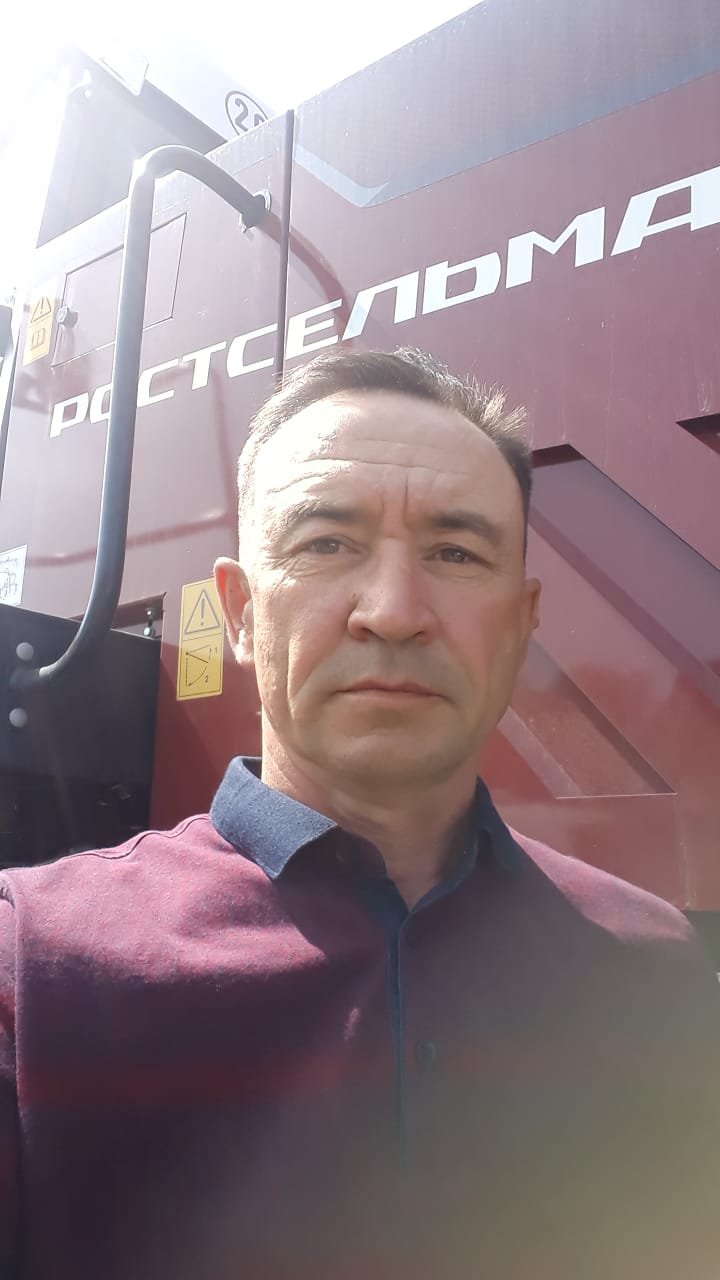

The main reason is the deficiency of calcium and phosphorus in the feed of animals. A prolonged lack of calcium in the feed is manifested by signs characteristic of different animals and birds. The list of the main signs of a deficiency is given below, you may be familiar with them.
- Young cattle: rickets disease, which is expressed by growth disturbance, appetite disorder, curvature of the spine
- Mature animals: there is a decrease in productivity, consumption and digestibility of feed.
- Birds: In laying hens, deterioration of the quality of shells and incubation quality of the eggs. The bones become very thin, brittle, there are muscle weakness and convulsive attacks
Phosphorus, as well as calcium, in the body of animals is part of the bones and teeth, and its deficiency in the feed of animals can cause a number of the following diseases:
- Young cattle: disease of animals with a low-phosphorus form of rickets. At the same time, there is growth cessation, violation of bone mineralization, a large waste of young animals.
- Mature animals: demineralization of teeth is observed, animals eat inedible materials (rags, wood chips). Such behavior of animals can be observed during long-term grazing of livestock on a pasture, if the phosphorus content in the grass does not exceed 0.15–0.17% in dry matter.
- Birds: in the feed of young animals leads to a violation of calcium metabolism and the development of rickets, and in mature birds – to osteoporosis, impaired joint mobility
And this is not a complete list.
There is a significant relationship between the phosphorus content in feed and animal productivity. Phosphorus is one of the main structural elements in the animal body. The most important functions of the body – ossification, muscle contraction, recovery of byproducts – are inextricably linked with the presence of phosphorus. Synthetic processes associated with the formation of the skeleton, the increase in muscle tissue, the synthesis of milk components, the formation of eggs, the growth of wool, are carried out only in the presence of phosphoric acid compounds. Apparently, phosphorus is the only mineral element that affects the quality of meat.
Numerous researchers have found that the need for phosphorus in cattle depends on the live weight of animals, the level of productivity, the physiological state and housing conditions. The need for phosphorus in other species of animals and birds is determined, first of all, by the type of animal, its physiological state, productivity, purpose, weight and other characteristics.
Therefore, to ensure proper metabolism in the body and the effective functioning of the immune and reproductive systems, most farmers introduce feed phosphates into the feed. One such source of calcium and phosphorus is Tricalcium Phosphate.
Tricalcium Phosphate Сa3(Po4)2 is a feed additive that is used as a mineral feed for farm animals, in the production of animal feed and as a phosphorus-containing fertilizer for all vegetable, fruit and berry or ornamental crops.
The degree of its assimilation is quite high and depends much less on feed, age and other factors. The introduction of feed phosphates into the diet makes it possible to avoid diseases associated with a lack of these macronutrients, to ensure proper metabolism in the body, and, consequently, the effective functioning of the immune and reproductive systems.
By adding Tricalcium Phosphate to animal feed daily, you:
1. enrich the feed with minerals
2. increase the nutritional value of the feed
3. improve the animal’s appetite and digestibility of feed nutrients
4. normalize metabolism
5. increase the productivity of animals and birds
6. shorten the fattening period
7. improve the nutritional value and palatability of meat and milk
8. increase the reproductive capacity of animals and birds
9. save young cattle
10. reduce feed costs and significantly increase the profitability of the farm
To order Tricalcium Phosphate produced by Kazphosphate LLC, you can call: 8-701-006-36-33, or by leaving a request on the website https://kazchem.kz/ru/product/trikaltsiyi-fosfat
Literature: Kosolapov V. M., Chuikov V. A., Khudyakova Kh. K., Kosolapova V. G. “Mineral elements in feed and methods for their analysis”. Moscow, 2019



